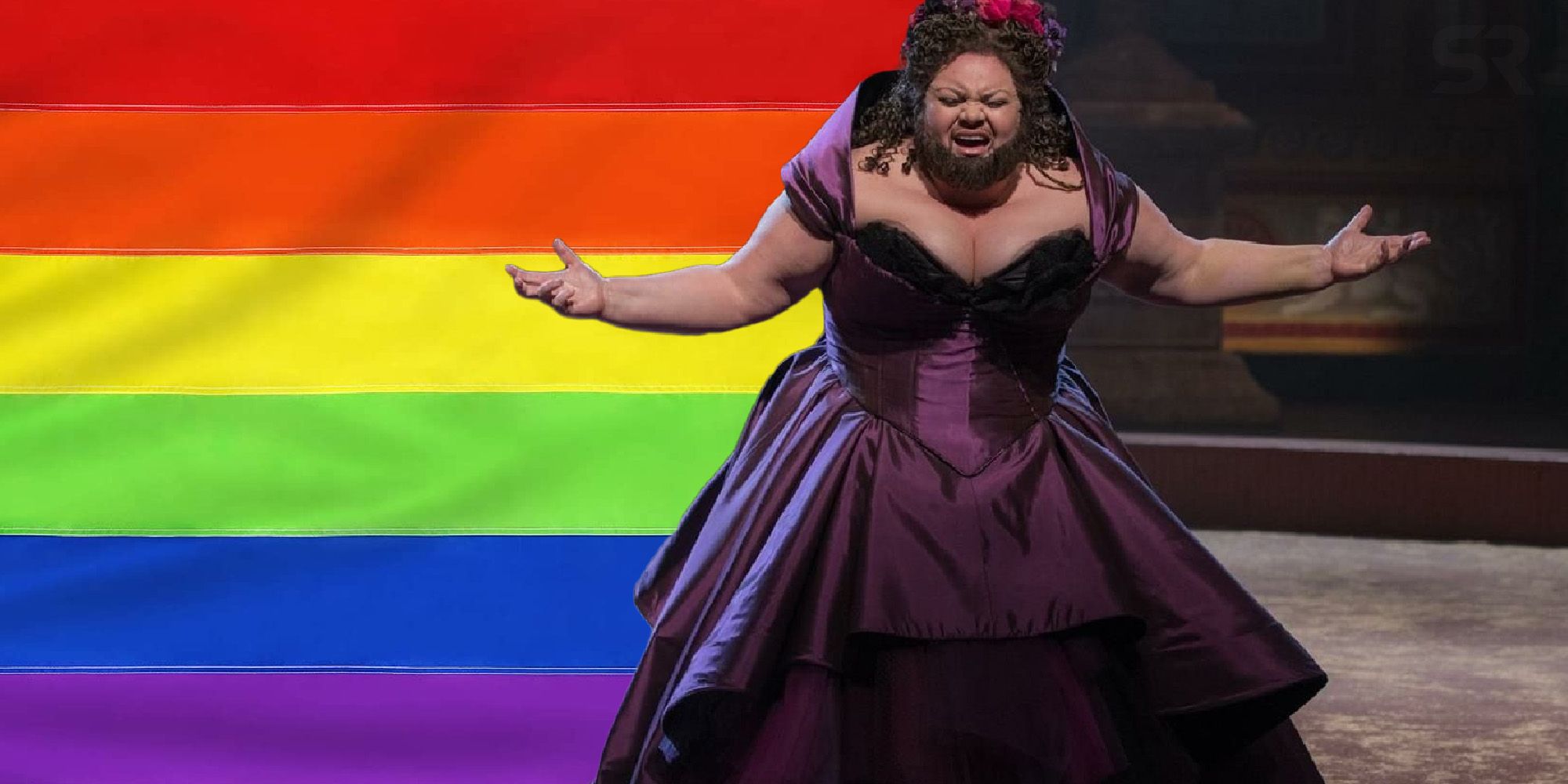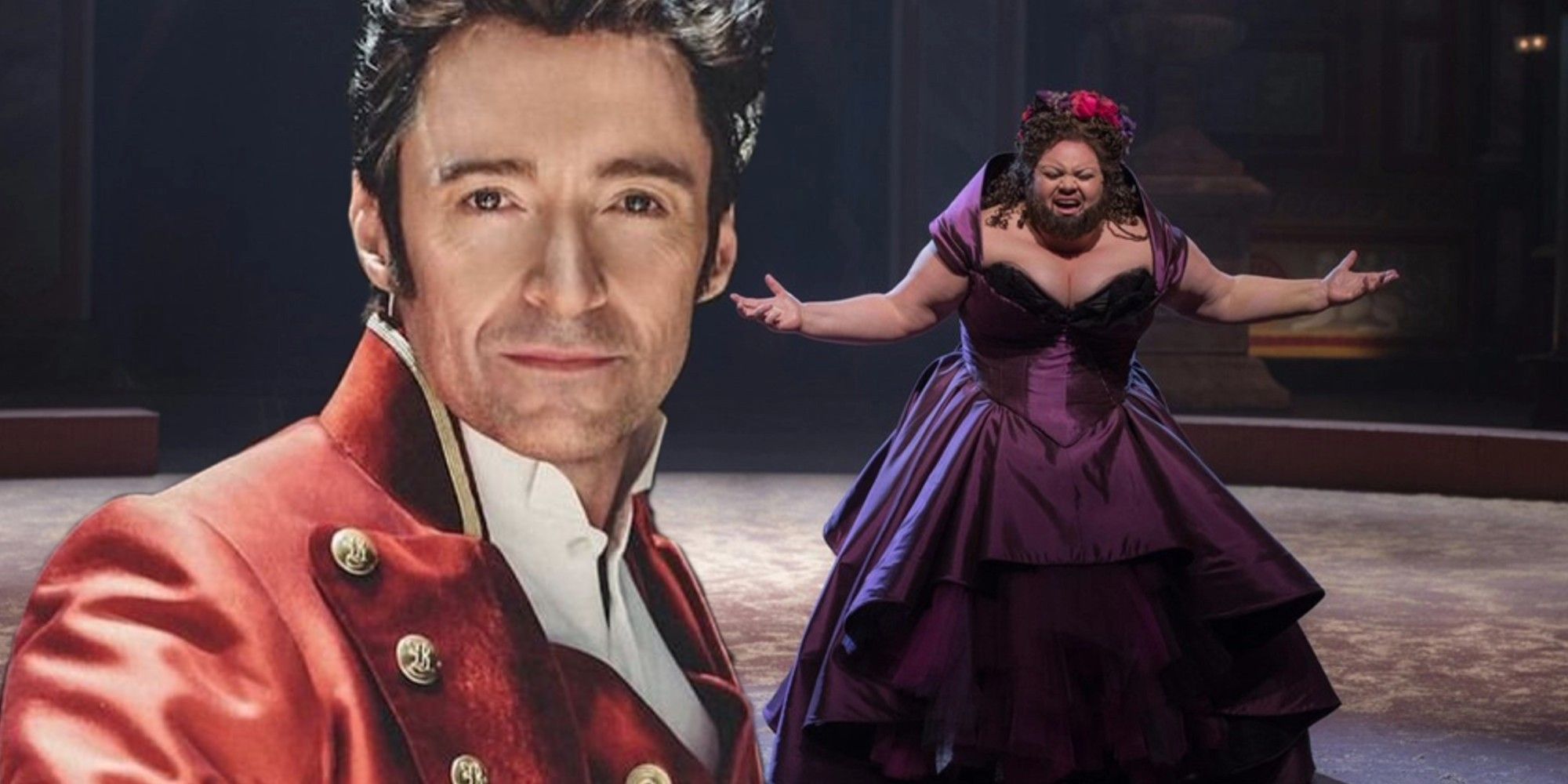Upon its 2017 release, The Greatest Showman didn't do quite as well as expected, but a passionate fan response—particularly from marginalized groups—has given the film new life. Most notably, the LGBTQ community has adopted the movie and its memorable music as a sort of rallying cry. The hopeful message, idealistic pie in the sky intent, and joyful soundtrack have left a mark on the public whether critics like it or no.
Although heavily hyped as a potential Oscar contender, and with both viral YouTube videos and a campaign by its star Hugh Jackman behind it, the movie was The Greatest Showman was received poorly by critics, with some deeming it “magnificently idiotic” (The San Francisco Chronicle) and “faux-inspiring and shallow” (Vanity Fair). The musical made just $8.8 million in its opening weekend and held a disappointing 40 percent score on Rotten Tomatoes. Viewers were quick to take to YouTube to record essays on how much they hated the movie for transforming P.T. Barnum from shyster to savior ignoring the controversies of his real story. Any Oscar hopes the production team had for Best Actor or Picture were dashed quickly.
However, the second weekend saw numbers go up nearly by double, hitting $15 million. Unusually, the curse of poor reviews and a mediocre opening weekend had not been a death sentence. The film continued drawing audiences in droves, and went on to earn $174 million domestically and $434 million worldwide, putting it in position as one of the most lucrative movie musicals of all time. It was apparent that one type of viewership was expressly responsible for yanking the movie out of the mire as queer individuals from all walks of life responded with fervent ardor to the musical’s theme of acceptance and belonging. They saw themselves in the disenfranchised and marginalized folk on the screen, responding specifically to one anthem on the soundtrack, “This Is Me.”
In early 2018, the soundtrack hit number one on the charts, beating out the likes of Taylor Swift and Lady Gaga. Many attributed this achievement to the LGBTQ+ fellowship's earnest veneration of the songs penned by Benj Pasek and Justin Paul, the award-winning duo behind Dear Evan Hansen and La La Land. Pasek himself is gay, and he infused the lyrics with his own personal experiences and a real-world universality that queer people could relate to in a very intimate way. The sincerity paid off, and “This Is Me” earned the film its one and only Oscar nomination, again boosting ticket sales. Appreciation for the song, which became a bona-fide pop chart success (warranting several covers), garnered further attention for the movie, drawing queer folk to the cinema in multitudes. The song even proved to be lifesaving as one gay man wrote to Keala Settle to tell her that her performance made him reconsider ending his life. “I wept,” said Settle in an interview with Gay Times.
Word of mouth both in praise of the soundtrack and the film gave Showman staying power. The value signifying any film’s success is typically found by dividing its box office total by its opening weekend, and if the multiplier is around 3, the movie is deemed a triumph. As of July 2018, the musical’s multiplier was a staggering 19.8, which continued to rise as more and more people found deeper meaning in the movie’s message. There was something buoyant and genuine to witness within the flashy fabric of the film, and the LGBTQ community enthusiastically led the charge to the theater. The simple yet striking declaration, “I am brave, I am bruised, I am who I’m meant to be; this is me,” elevated The Greatest Showman into something truly special.


